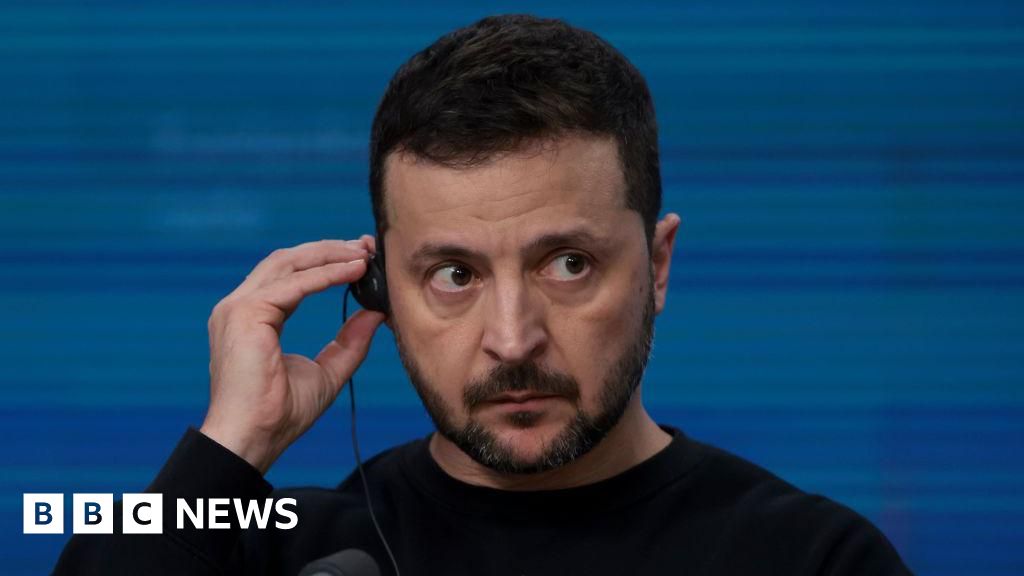ARTICLE AD BOX
Margarita Gracheva has been speaking out about abuse after her husband cut her hands off
Russia has been ordered to pay more than €370,000 (£315,000) in compensation to a woman whose hands were cut off by her husband.
The European Court of Human Rights said Russia had failed to combat domestic violence, and ordered it to compensate four women who were brutally attacked.
They include Margarita Gracheva, whose husband kidnapped her in 2017 and attacked her with an axe.
The court told Russia to make urgent changes to stop such attacks in future.
It said domestic violence against women was happening on a "staggering scale" and Russia had breached two articles of the European Convention on Human Rights.
In December 2017, Ms Gracheva's husband took her into a forest and cut her hands off with an axe.
She had already told police about his aggressive behaviour, but officers ignored her complaints.
Her mutilated left hand was retrieved from the forest and sewn back on. A prosthetic right hand was fitted after a crowdfunding campaign.
Her now ex-husband Dmitry Grachev was convicted and sentenced to 14 years in prison.
The court said Ms Gracheva's case showed how Russia's laws meant authorities did not spot domestic abuse until it escalated to cause physical injuries.
It called for a legal definition of domestic violence and for all perpetrators to be criminalised.
In 2017, President Vladimir Putin signed a law softening the penalties for domestic violence. First offences where the victim is not hospitalised are no longer treated as criminal offences and punishments were reduced.
Three other women, Natalya Tunikova, Yelena Gershman and Irina Petrakova, are also to be paid damages.
"We won!" Mari Davtyan, one of the lawyers representing the women wrote on Facebook.
"Each of these women was seriously injured as a result of the state's inaction in the situation of domestic violence," she said.
Russia had previously objected to the women's claims for compensation.
Deputy Justice Minister Mikhail Galperin said the Russian state should not be held responsible for domestic violence cases perpetrated by individuals.

 2 years ago
34
2 years ago
34








 English (US)
English (US)